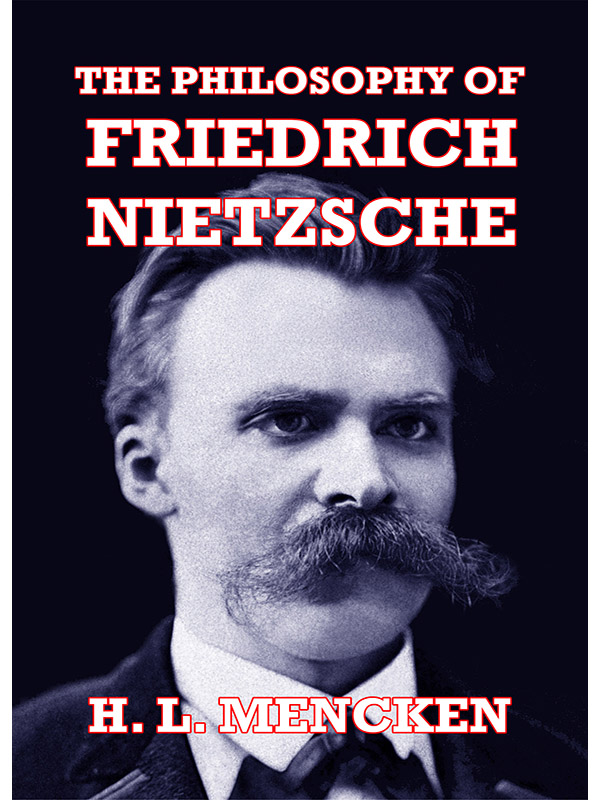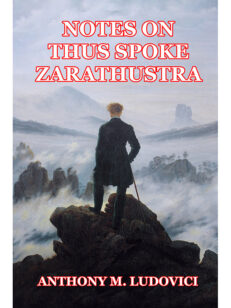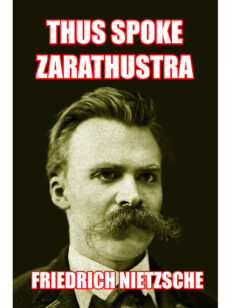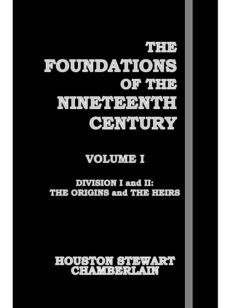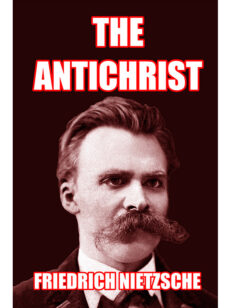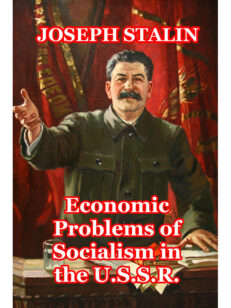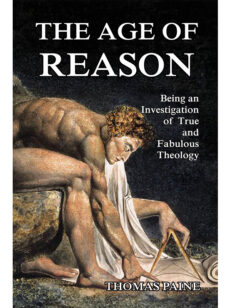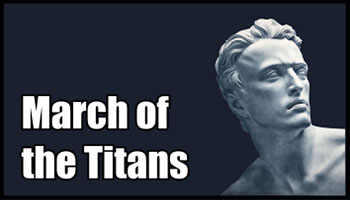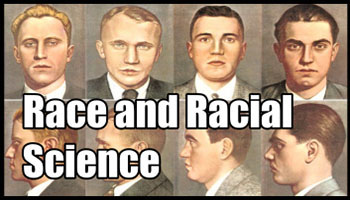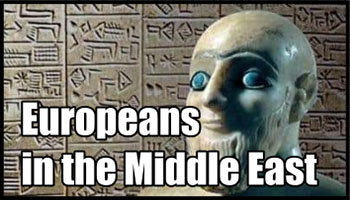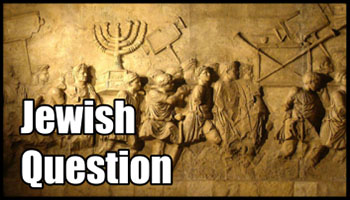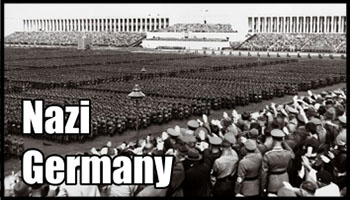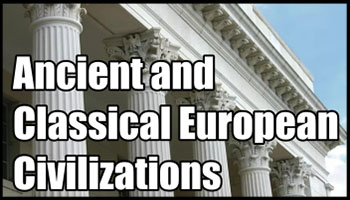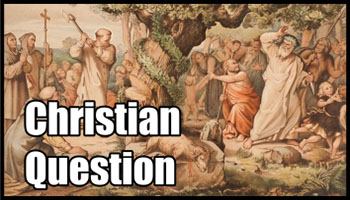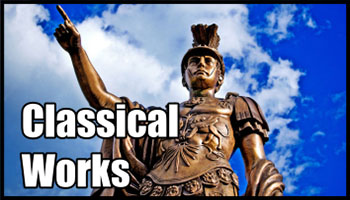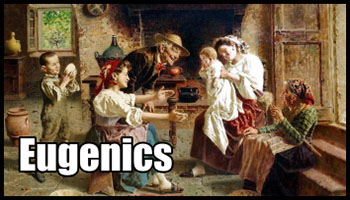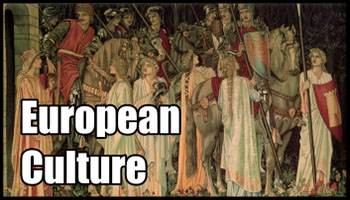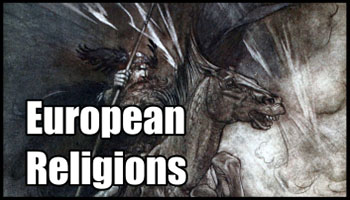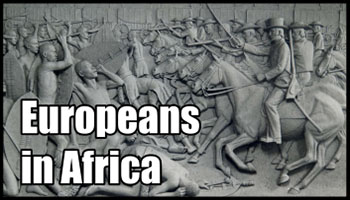Description
By H. L. Mencken. Towering American intellectual H. L. Mencken’s classic work which definitively summarises and explains the philosophy of Friedrich Nietzsche in an easily understandable and enthralling manner. Written specifically for those seeking to gain a full and proper understanding of Nietzschean thought, Mencken’s work provides what is unquestionably the best overview ever written of this important branch of philosophy.
Divided into three sections, this work first provides a comprehensive biography of Nietzsche, stripping away the many myths around his person and setting the stage for the influences which directed his train of thought.
The second section then provides a blow-by-blow explanation of the main concepts of Nietzschean thought, using each of that philosopher’s major works as a backdrop.
The final section provides an understanding of Nietzsche’s place and importance in the pantheon of great European philosophers.
As Mencken writes in his introduction:
“It is high time for the race of Darwin and Huxley to know Nietzsche better. When his ideas are calmly weighed, they may be rejected, but it will be infinitely better to weigh and reject them thus than to condemn them out of hand and without knowing what they are.
“Reduced to elementals, Nietzsche’s philosophy consists of the following propositions:
- That the ever dominant and only inherent impulse in all living beings, including man, is the will to remain alive—the will, that is, to attain power over those forces which make Life difficult or impossible.
- That all schemes of morality are nothing more than efforts to put into permanent codes the expedients found useful by some given race in the course of its successful endeavors to remain alive.
- That, despite the universal tendency to give these codes authority by crediting them to some god, they are essentially man made and mutable, and so change, or should change, as the conditions of human existence in the world are modified.
- That the human race should endeavor to make its mastery over its environment more and more certain, and that it is its destiny, therefore, to widen more and more the gap which now separates it from the lower races of animals.
- That any code of morality which retains its permanence and authority after the conditions of existence which gave rise to it have changed, works against this upward progress of mankind toward greater and greater efficiency.
- That all gods and religions, because they have for their main object the protection of moral codes against change, are inimicable to the life and well-being of healthy and efficient men.
- That all the ideas which grow out of such gods and religions—such, for example, as the Christian ideas of humility, of self-sacrifice and of brotherhood-are enemies of life, too.
- That human beings of the ruling, efficient class should reject all gods and religions, and with them the morality at the bottom of them and the ideas which grow out of them, and restore to its ancient kingship that primal instinct which enables every efficient individual to differentiate between the things which are beneficial to him and the things which are harmful.
“It is a fine thing to face machine guns for immortality and a medal, but isn’t it fine, too, to face calumny, injustice and loneliness for the truth which makes men free?”
Contents
Preface To the Third Edition
Introduction
BOOK I: NIETZSCHE THE MAN
I: Boyhood and Youth
II: The Beginnings of the Philosopher
III: Blazing a New Path
IV: The Prophet of the Superman
V: The Philosopher and The Man
BOOK II: NIETZSCHE THE PHILOSOPHER
I: Dionysus Versus Apollo
II: The Origin of Morality
III: Beyond Good and Evil
IV: The Superman
V: Eternal Recurrence
VI: Christianity
VII: Truth
VIII: Civilization
IX: Women and Marriage
X: Government
XI: Crime and Punishment
XII: Education
XIII: Sundry Ideas
XIV: Nietzsche vs. Wagner
BOOK III: NIETZSCHE THE PROPHET
I: Nietzsche’s Origins
II: Nietzsche and vis Critics
How to Study Nietzsche
Index
234 pages, completely reset, new edition. Paperback.

